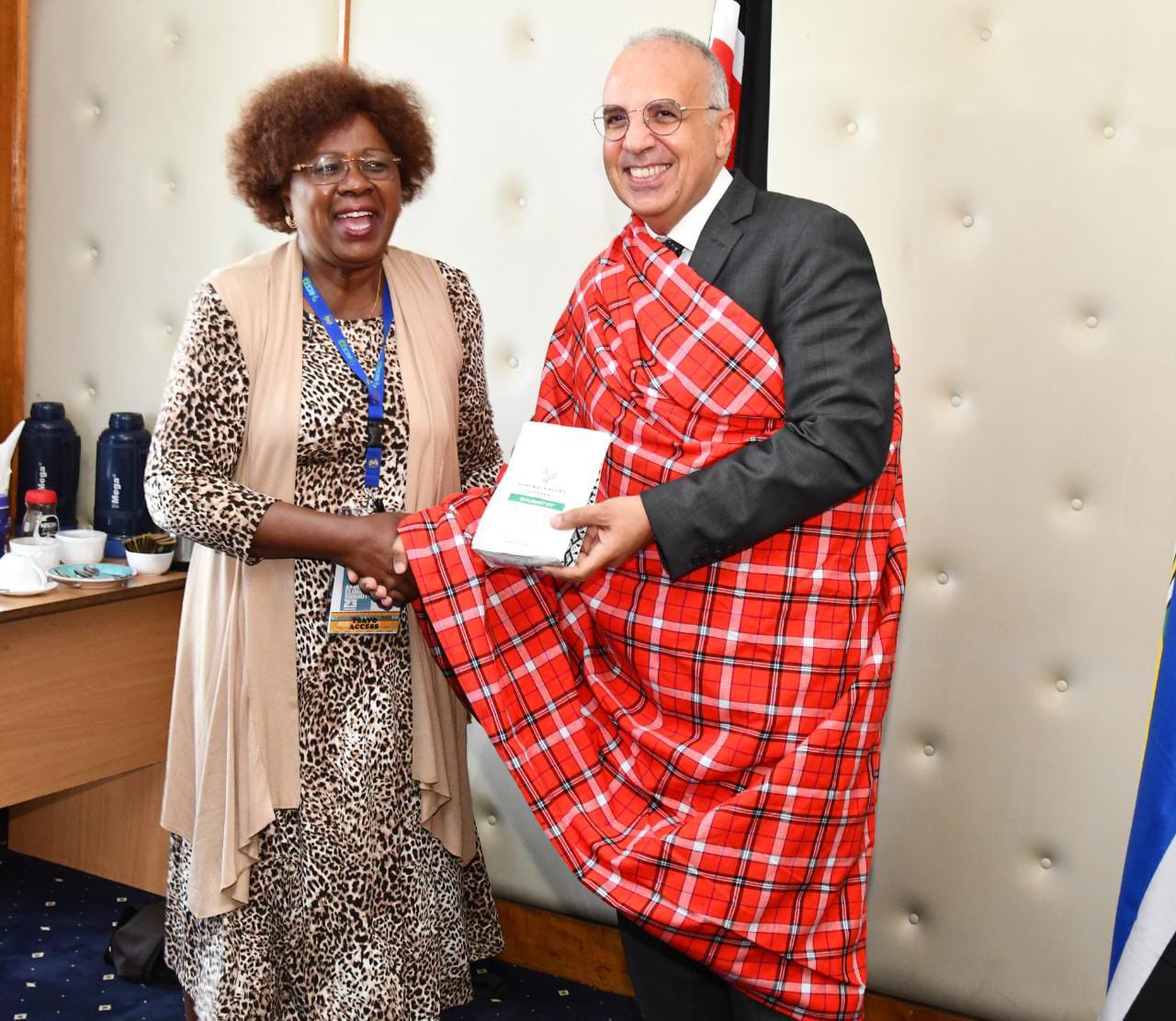The Ministry of Water, Sanitation, and Irrigation and the Egyptian Government have solidified their commitment to enhancing water infrastructure and food security with the signing of a bilateral agreement.
This agreement will pave the way for the development of 10 water pans, 10 groundwater wells in arid, and semi-arid areas, and the Lake Victoria region, and a 100-acre model farm.
The primary objective of this partnership is to address water scarcity and improve agricultural practices in Kenya.
As part of the government’s ambitious plan to bolster food security, the agreement will promote sustainable irrigation practices and significantly increase the irrigated land area from 670,000 acres to 1.3 million acres within the next two years.
Alice Wahome, the Cabinet Secretary for the Ministry of Water, Sanitation, and Irrigation, stated, “This partnership with the Egyptian Government marks a significant milestone in our efforts to address water scarcity and improve food security in Kenya. The development of water pans and groundwater wells, along with the establishment of a model farm, will greatly benefit our communities in arid and semi-arid regions, enabling them to thrive even in challenging conditions.”
Dr. Hani Sewilam, the Egyptian Minister for Water Resources and Irrigation, also emphasized the importance of this agreement, saying, “Egypt has a rich history of managing water resources, and we are delighted to share our technical expertise with our Kenyan counterparts. This partnership is not only a testament to our commitment to fostering strong African ties but also a means to address shared challenges related to water management and food security.”
One notable aspect of this bilateral agreement is the knowledge exchange component. Kenya will receive valuable technical skills and knowledge from Egypt’s leading water technical institutions.
This collaboration will empower Kenyan experts and officials to develop sustainable water management strategies, further enhancing their capacity to address the country’s water challenges.
The signing of this agreement took place alongside the African Climate Summit, demonstrating the commitment of both countries to addressing climate change and its effects on water resources and agriculture.





